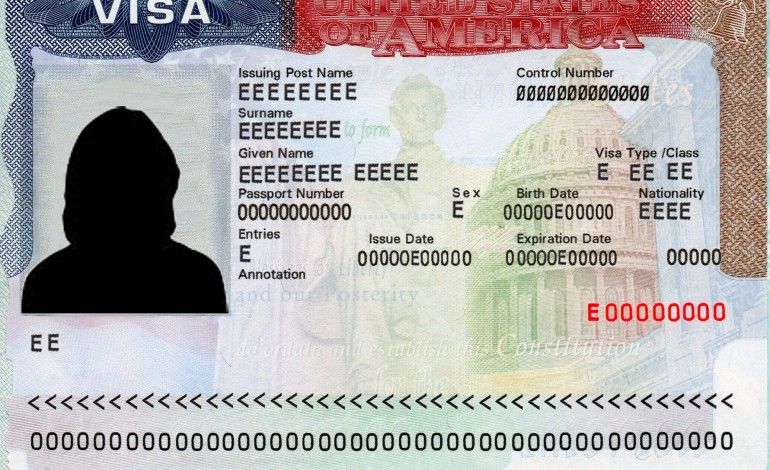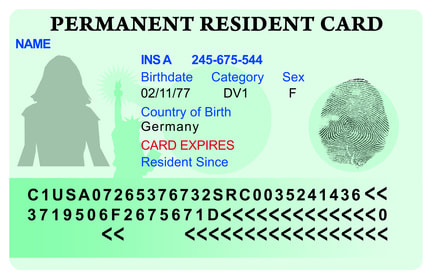Immigration 101
Here are a few key topics that are important to understanding the basics of immigration in the United States.
Here are a few key topics that are important to understanding the basics of immigration in the United States.
Important Government Offices to Know
U.S. Citizenship and Immigration Services (USCIS)
U.S. Department of Homeland Security (DHS)
U.S. Immigration and Customs Enforcement (ICE)
U.S. Customs and Border Patrol (Border Patrol)
U.S. Citizenship and Immigration Services (USCIS)
U.S. Department of Homeland Security (DHS)
U.S. Immigration and Customs Enforcement (ICE)
U.S. Customs and Border Patrol (Border Patrol)
Green Card
|
 Photo credit: https://ask.naij.com/interesting-facts/how-to-get-usa-visa-in-nigeria-i28185.html Photo credit: https://ask.naij.com/interesting-facts/how-to-get-usa-visa-in-nigeria-i28185.html
|
DACA
Asylum
|
Refugee
Temporary Protective Status (TPS)
More terms to come! Stay tuned! |






